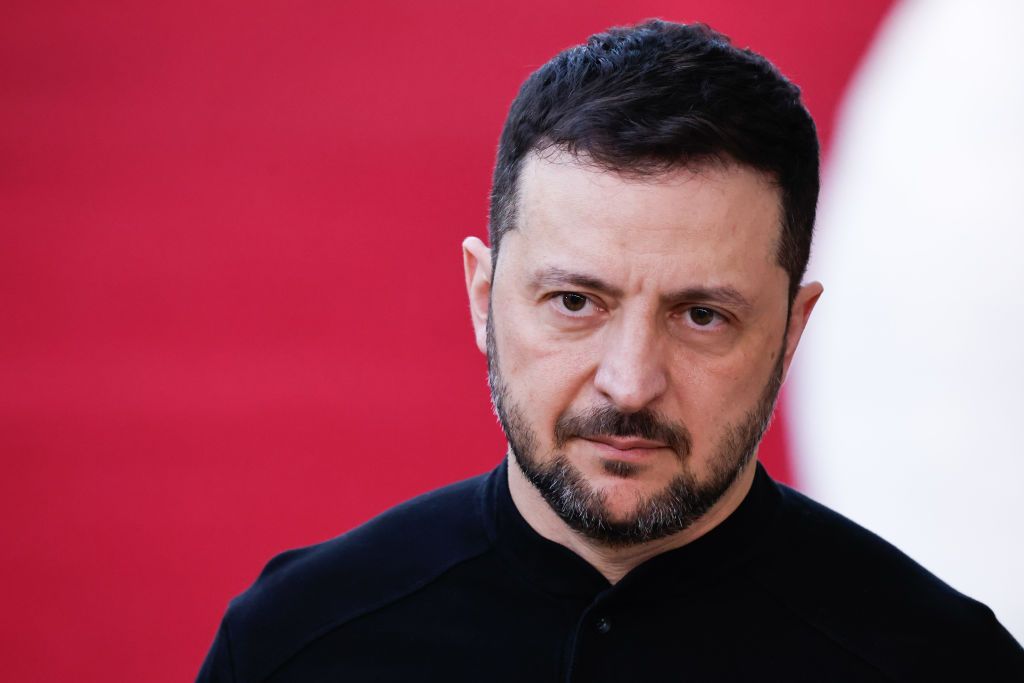EU sidelines Hungary to pledge support for Ukraine; reaches consensus on $867 billion defense boost

Twenty-six EU member states denounced Russian aggression and pledged continued support for Ukraine in a joint resolution issued at an emergency summit on March 6, despite Hungary dissenting.
The lack of consensus on the declaration, which stopped short of committing concrete steps in support of Ukraine, underscores the persistent differences between Moscow-friendly Budapest and the rest of the bloc.
Hungarian Prime Minister Viktor Orban can still block major decisions that require a unanimous vote, such as the six-month extension of sanctions against Russia.
Speaking ahead of the summit, the EU's top diplomat, Kaja Kallas, suggested that European countries might seek to push forward new support for Ukraine through a "coalition of the willing" to avoid Hungary's veto.
"The European Council reaffirms its continued and unwavering support for Ukraine’s independence, sovereignty and territorial integrity within its internationally recognised borders," the statement reads.
The 26 EU members committed to several principles in pursuing a just peace in Ukraine, namely, Kyiv and Europe's participation in any negotiations, no ceasefire without a subsequent comprehensive peace agreement, security guarantees for Ukraine, and respect for Ukraine's sovereignty and territorial integrity.
The U.S.'s outreach to Russia and bilateral talks on Ukraine in Saudi Arabia on Feb. 18 sparked concerns that U.S. President Donald Trump might seek to cut a deal with the Kremlin while sidelining Kyiv and Europe.
"Achieving ‘peace through strength’ requires Ukraine to be in the strongest possible position, with Ukraine’s own robust military and defence capabilities as an essential component," the statement reads.
The declaration came as the EU agreed to mobilize up to 800 billion euros ($867 billion) for defense spending amid fears that the U.S. might scale down its presence on the continent.
The ReArm Europe initiative, proposed by the European Commission, includes a 150-billion-euro loan ($162 billion) covered by unused budget funds and a step to loosen fiscal rules and free up 600 billion euros ($650 billion) in government spending.
The Trump administration's decision to freeze military aid for Ukraine and intelligence sharing also highlighted Europe's growing role in sustaining Ukrainian resistance against Russian aggression.
Despite this, the proposal to commit a new 20-billion-euro package ($22 billion) was dropped from the text of the declaration. The document reaffirmed that the EU would continue providing Ukraine with already pledged support in 2025, including 12.5 billion euros ($13.5 billion) under the Ukraine Facility and 18.1 billion ($19.6 billion) as part of the G7 loan covered by frozen Russian assets.
To ensure the support of Slovak Prime Minister Robert Fico, the declaration also included calls on the European Commission, Slovakia, and Ukraine to "intensify efforts towards finding workable solutions to the gas transit issue."
Fico, who has adopted increasingly anti-Ukraine rhetoric but avoided blocking steps on the EU level in Orban's fashion, has repeatedly lambasted Kyiv over ending the transit of Russian gas through its territory to Slovakia and other EU countries.











